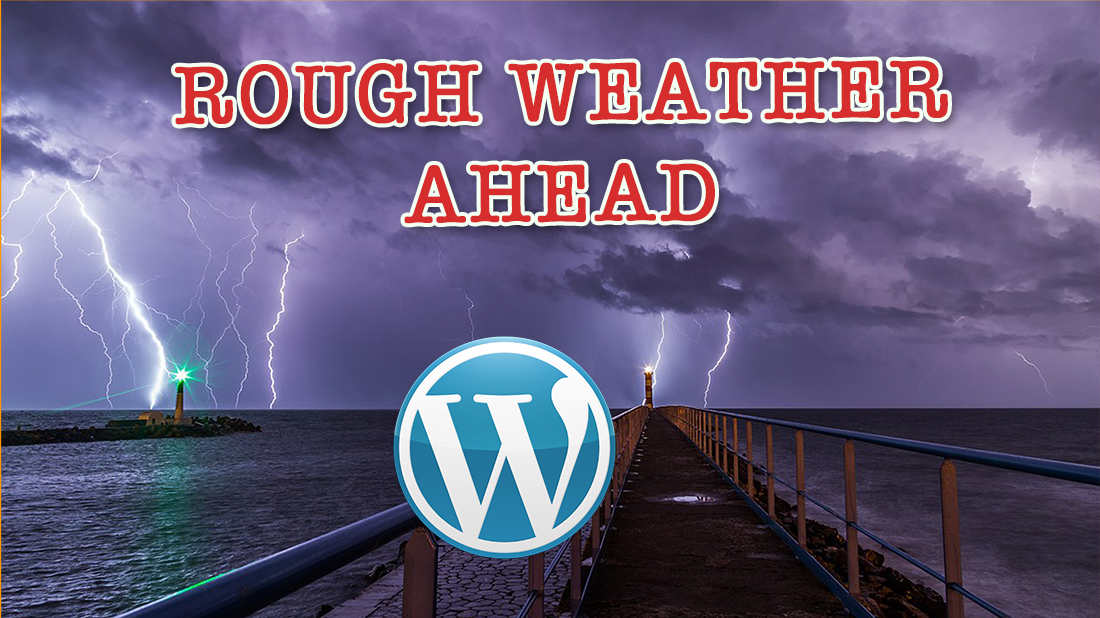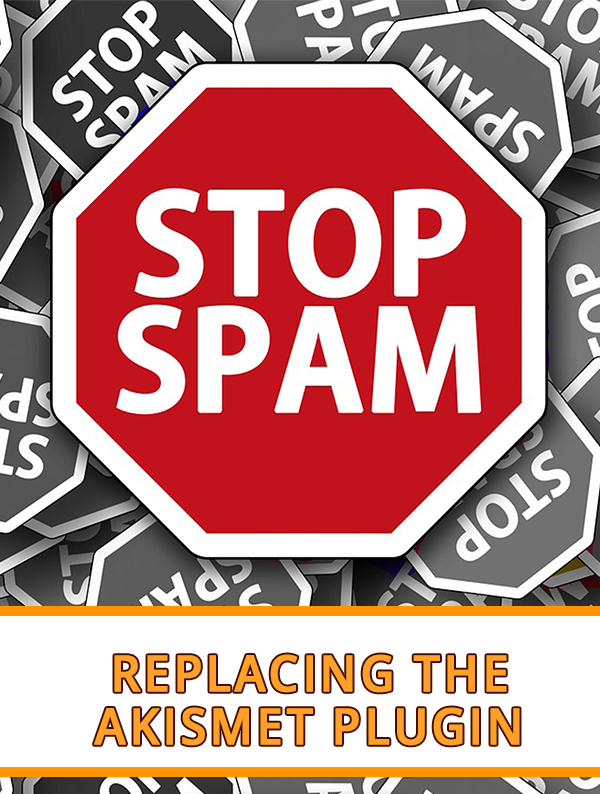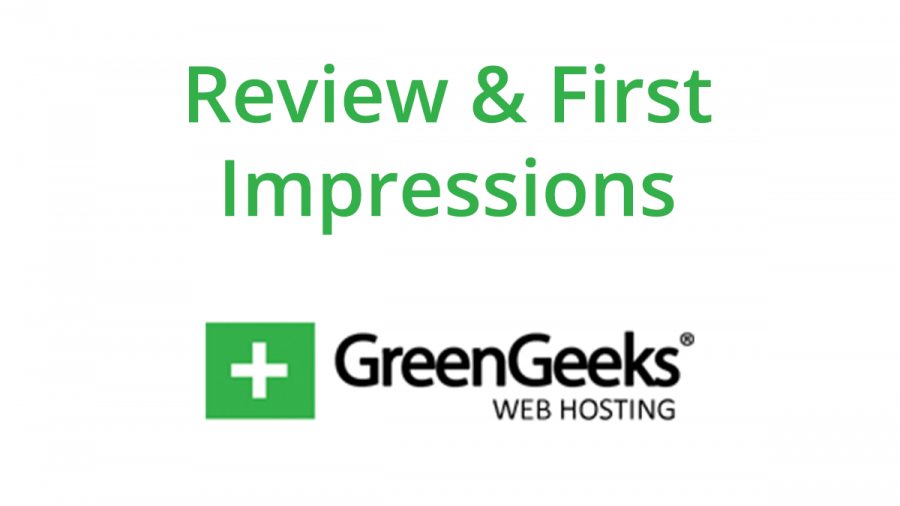Gutenberg. The New Block Editor in WordPress. Expect Rough Weather.
For a little over a year, maybe two, people that keep track of the pulse with WordPress have known of a new editor for WordPress.
It was released officially a few months ago and it wasn't received well. The ratings for the plugin in the official WordPress repository are dismal with an average rating of 2 stars.
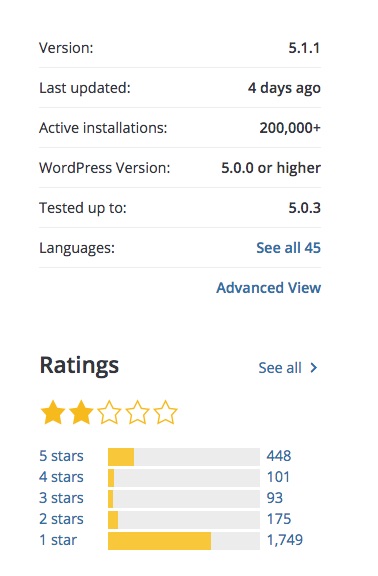
The ratings are one thing, but then if you look, the comments aren't positive either.
That's rough. As someone that has been part of software projects and various website launches etc, it's really rough when your userbase dislikes or outright rejects your new update or your new development.
It hurts.
It has sparked so much backlash in some circles that a group of people even started a fork of WordPress.
If you don't know what a fork is, in short, a fork means someone has split the original source code and decided to develop it further in its own separate path.
It's easy to see why people aren't receiving the new WordPress block editor well.
At first, glance, when you try Gutenberg, you'll notice that your writing canvas, has been dramatically changed. You no longer have a blank canvas to start typing on.
What used to be a straight forward proposition, you know, writing, is no longer that simple. Now you have to add a block and then start typing, but if you press return then it creates a new block.
Adding a new block as you press enter may seem logical within the context of this UI, but it isn't. If you think about the places where people write, and how they do it, you'll think of Gutenberg as being totally alien.
When you write an email on Gmail, it's just text. You can add fancy formatting later. When you write a document on Word, it's just text, you can then add fancy formatting. When you use Google Docs, same thing.
This new design, and maybe even paradigm breaks the process of writing. It's distracting and inefficient.
If you want to add an image, you also
After some time with it, maybe you'll figure out how it works. The problem right now is that the learning curve is so steep that people are simply giving up and moving back to the classic editor.
If you are feeling like this is what you want to do, you just need to install the Classic Editor as a plugin and activate it. This will then revert the editing window in WordPress back to the way it used to be before Gutenberg.
The WordPress development team has said they will support the classic editor for years to come.
Credit where credit is due
As someone who has been involved with software development,
For example, a few months ago you couldn't even delete text that spanned several blocks. You had to select each block, then press
That's how you expect that to work. But so many things are still quirky.
Not Out of The Woods Yet
Though many things work, and many bugs have been squashed, we're not out of the woods on editing problems just yet. You can't seem to be able to select several paragraphs of text and delete them at once.
When you try that, the browser seems to take over and instead of deleting the paragraphs, it tries to jump back to whatever previous page you were on before you started editing.
? #annoying
No, you now have to delete one block at a time, through some multi-click process to delete a block.
Let's not even go into the annoying toolbar that appears over every block when you click on a block. This is fucking frustrating because it blocks the content you have added on the block above. Look at this screenshot to get an idea what I mean.
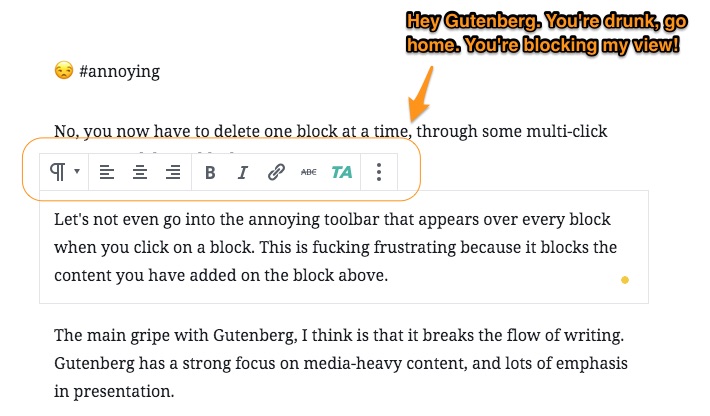
The main gripe with Gutenberg, I think is that it breaks the flow of writing. Gutenberg has a strong focus on the layout. It has a lot of facilities for media-heavy content and lots of emphasis
Gutenberg, in a way, it feels more like a desktop publisher app. It makes me think of it like a hybrid between Squarespace and Clickfunnels. And both of those are great applications, but they're not centered around the writing process or blogging.
I have tons of friends that blog, many do it for a living and their answer to this new editor for WordPress has been unequivocally a big fat no.
I can't blame them. The only reason I'm trying it out is because I want to know how it works and find the good things about it. Also it is the default editor for new WordPress installations, so I need to know how it works and be able to teach people how to use it and how to get the most out of it.

What is Next?
Gutenberg is definitely rough for most people, but it may be really great once you get the hang of it. I want to remain positive and think that the peacefulness after the storm will be really great.
Right now, I'm diving into Gutenberg, and it feels like that picture above, this is my first post written 100% with Gutenberg. I hope to bring you some great tutorials around Gutenberg, but for now I need to learn it.
Remember, if you have to go back to normal, just get the classic editor. If you are feeling a little adventurous and maybe even progressive, then give Gutenberg a try. I'd love to hear your thoughts on it, your feedback, what you love about it, what you hate about it and stuff like that.

